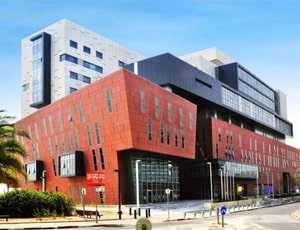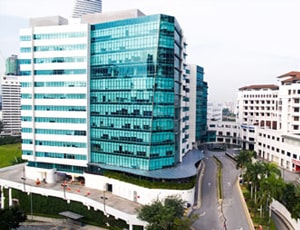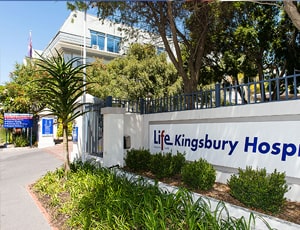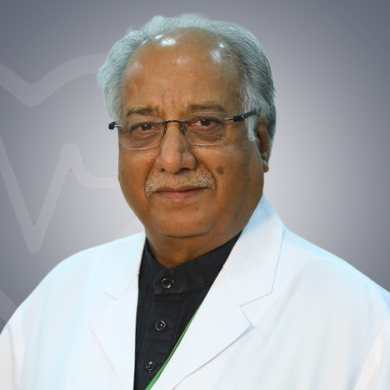The prostate gland is present below the urinary bladder in men. It surrounds the urethra and produces fluid that helps in the movement of the semen. Prostatectomy is a surgery that involves total or partial removal of the prostate gland. It is commonly performed as a part of treatment for prostate cancer.
Radical prostatectomy: This surgery involves the removal of the entire prostate gland along with the surrounding lymph nodes. The surgical techniques used to conduct radical prostatectomy include the following:
Open simple prostatectomy: This surgical procedure involves removal of just the affected part of the prostate gland and is recommended for men with the cancerous prostate gland or benign prostatic hyperplasia (BPH).
Indications
Usually, general anaesthetic is given before the start of the procedure to make you unconscious. A spinal anaesthesia or an epidural anaesthesia will also be given, which causes numbness in the lower part of the body. Heart rate, blood pressure, and blood oxygen levels will be continuously monitored.
In retropubic surgery, the incision is made from the belly button to the pubic bone. In laparoscopic surgery, many small incisions are made through which a narrow tube (laparoscope) with a camera is inserted. The surgeon will see the internal structures on the monitor while performing the surgery. Robotic surgery is conducted in a few hospitals, where the surgical tools for the operation are used with the help of a robotic system. In perineal surgery, the incision is made in between the anus and the scrotum.
After making an incision, the prostate gland is removed and the incision is sutured. While removing the prostate gland, minor damage to the nerves is possible. The fluid is drained using a Jackson-Pratt drain. A catheter is inserted to drain the urine from the bladder.
The prostate-specific antigen (PSA) levels after radical prostatectomy are usually 0 after a month of the surgery. However, the PSA levels could be low in some patients even after the surgery. This is because some normal tissue is left behind even after the surgery.

Tel Aviv, Israel
Assuta Medical Center is a leading private hospital in the capital city of Tel Aviv in Israel. Assut...more
![]() Accommodation
Accommodation
![]() Airport Transfer
Airport Transfer
![]() Choice of Meals
Choice of Meals
![]() Interpreter
Interpreter

Kuala Lumpur, Malaysia
History Parkway Pantai Hospital in Kuala Lumpur, Malaysia is operating under the Parkway Pantai gro...more
![]() Accommodation
Accommodation
![]() Airport Transfer
Airport Transfer
![]() Choice of Meals
Choice of Meals
![]() Interpreter
Interpreter

Cape Town, South Africa
In 2014, the long-awaited union of Life Claremont and Life Kingsbury Hospital took place, putting th...more
![]() Accommodation
Accommodation
![]() Airport Transfer
Airport Transfer
![]() Choice of Meals
Choice of Meals
![]() Interpreter
Interpreter

Urologist & Robotic Surgeon
Delhi, India
45 Years of experience
USD 28 for video consultation

Kidney Transplant Surgeon
Delhi, India
of experience
USD 40 for video consultation

Urosurgeon
Delhi, India
18 Years of experience
USD 32 for video consultation

Urosurgeon
Delhi, India
32 Years of experience
USD 32 for video consultation
Q. What is the duration of the prostate cancer surgery?
A. The duration of the surgery can range from one to four hours, depending on the type of the surgical procedure selected.
Q. How many days should I stay in the hospital after the surgery?
A. You may need to spend at least one to three days in the hospital. If you have had robotic or laparoscopic surgery, then you will be discharged on the next or the same day of the surgery.
Q. What are the preventive measures for blood clots after the surgery?
A. Blood clots can be prevented by performing minimal exercises and wearing stockings after the surgery.
Q. What is the time duration for performing exercises on the bed after surgery?
A. You should perform coughing and breathing exercises every one to two hours after the surgery.
Q. Will I have impotence after the surgery?
A. Impotence is a complication associated with the surgery. However, it can be prevented.